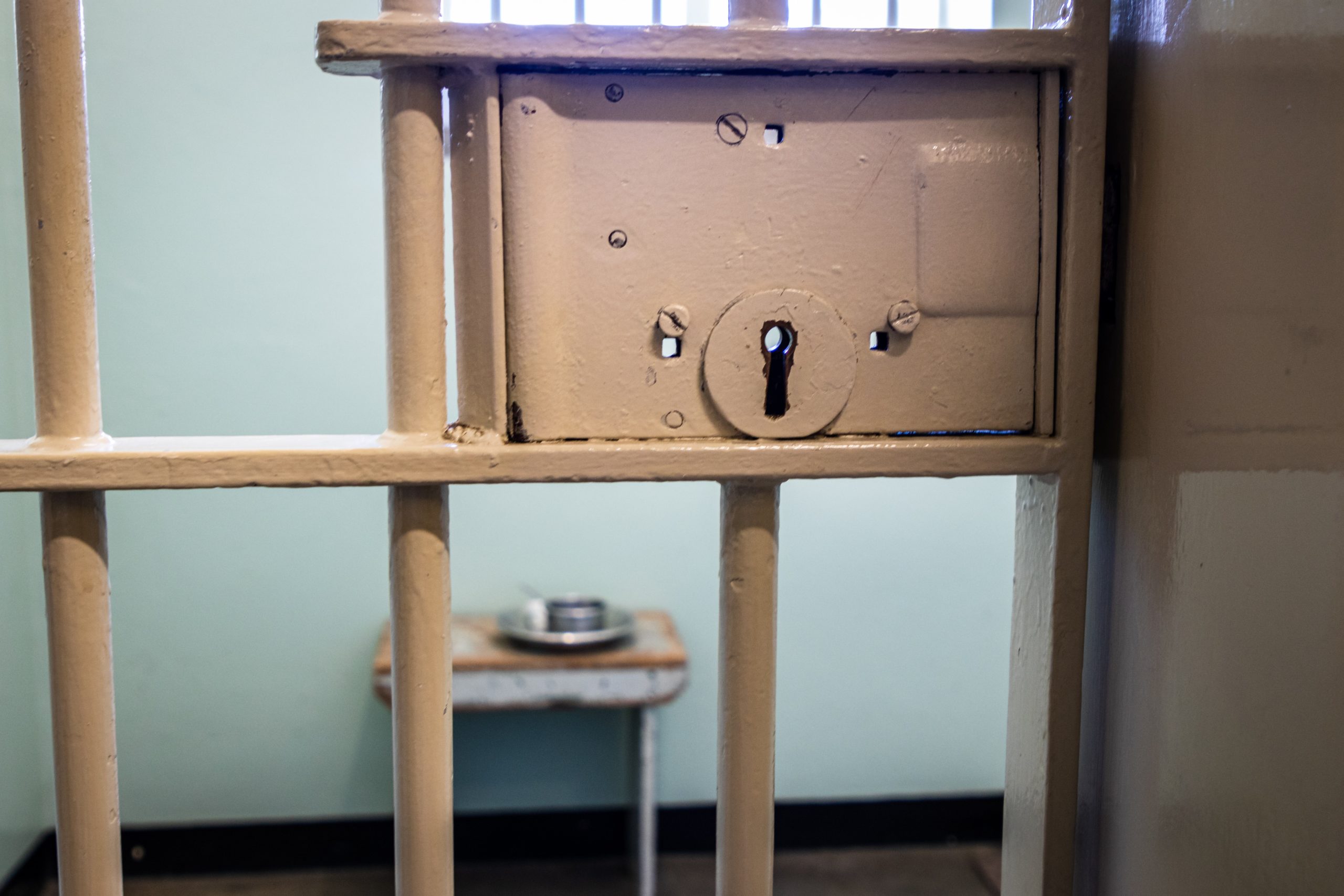
How Booking Fewer Inmates Could Slow Coronavirus in Jails
Jails can be incubators for the coronavirus. With such close living quarters, underprepared health systems, and poor cleanliness, it can be almost impossible to stop the spread of COVID-19 through a jail once it’s already started.
Under normal circumstances, overcrowded jails often overlook prisoner’s health records and focus primarily on separating prisoners based on their security classification. Implementing necessary efforts, like regular disinfecting and social distancing, to slow the spread of this highly contagious virus becomes increasingly difficult when jails are at capacity and in a poor state of cleanliness.
The best way to slow the spread of COVID-19 in jails and prisons is to decrease the number of people going into one. Rather than the punitive measure of sending every criminal offender to jail, law enforcement can turn to other rehabilitative penalties to keep jail counts low and manageable should an inmate become infected with the coronavirus.
What Efforts Have Florida Officials Made to Book Fewer Inmates?
Law enforcement across the State of Florida has taken strict measures to decrease county jail populations to prevent the spread of coronavirus.
Examples include:
- In March, Hillsborough County released 164 inmates and 164 pretrial detainees charged with nonviolent offenses or who couldn’t afford bail.
- Pinellas County law enforcement prioritized issuing summons rather than making arrests, which decreased the jail bookings.
- Leon County and Collier County both witnessed a 60% decrease in jail bookings compared to last year.
- Broward County released 2,500 inmates in April, which brought their jail population to 500 fewer inmates than the year before.
Many counties throughout Florida have also implemented the release of nonviolent detainees and those who couldn’t afford bail in order to keep incarceration populations down.
What Solutions Might Decrease Incarcerated Populations to Slow Coronavirus Spread?
Evidence shows that elected officials and law enforcement agencies across the country are implementing tactics to slow the number of people passing through the crowded jails to protect public health.
Solutions as alternatives to jail time include:
- Granting clemency to elderly inmates;
- Releasing nonviolent offenders early;
- Having offenders return for court rather than wait in jail;
- Suspending arrests for “technical errors” of those on parole; and
- Bail reform.
These are all solutions that serve as protective factors against the coronavirus spreading in jails. In Florida, there are more than 7,600 incarcerated inmates over the age of 60 who are at a very high health risk. Many are pushing for these inmates to be released, depending on whether or not they’re violent. Homer Venters, the former chief medical officer of the New York City jail systems, explained:
“Anything that decreases the flow of people into jail is going to obviously decrease the risk that the jail can’t control or respond to the coronavirus once it gets into the jail. Whether it’s bail reform or drug court or mental health court or veterans court, or a diversion center.”
Recommendations as simple as giving inmates and staff free hand sanitizer and soap has been recommended by various groups in Florida, like the Families Against Mandatory Minimums.
Police and Correctional Officers Are Also at a High Risk of Exposure to COVID-19
Inmates are not the only ones at risk of exposure to the novel coronavirus. Nearly 25,000 correctional and supervision officers in Florida must face the consequences of becoming infected with the virus and bringing it back home to their families each day. Cutting back the amount of facetime that officers have with low-level and nonviolent criminals can protect police officers from being exposed to the virus on the job.
Police officers must stop, apprehend, and speak with people in various situations where they have no way of knowing if their health is in jeopardy. From taking a report to making an arrest, police officers are always potentially vulnerable to getting exposed to the virus from people who might be infected. By limiting the number of people who are incarcerated, police officers are less exposed to potential carriers of the virus.
Are Treatment Programs More Effective Than Jail Time?
Many studies have compared the benefits of sending nonviolent criminal offenders for treatment rather than incarceration. Generally, reviews are unanimous in concluding that drug treatment and rehabilitative measures are more effective than sending offenders to jail. Data from the US Justice Department shows that two-thirds of drug offenders leaving state prison will be re-arrested within three years. The Justice Policy Institute reported this fact, adding that about two-thirds of inmates, no matter the charge, return to prison after being released. Consequently, that creates a revolving door of inmates going in and out of incarceration. The fundamental solution to combat overcrowded prisons and jails is treatment and rehabilitation for nonviolent offenders.

Contact Experienced Criminal Defense Lawyers at The Umansky Law Firm
Criminal defense lawyers with The Umansky Law Firm firmly believe that everyone deserves a second chance, and they are dedicated to making this happen. We are tireless in our fight to protect our clients’ rights and freedoms in Orlando and surrounding Central Florida cities. Our highly accomplished criminal defense attorneys have more than 100 years of combined experience. Call The Umansky Law Firm today to speak with an experienced and compassionate criminal defense lawyer. To schedule a free consultation, complete an online contact form or call our office.



